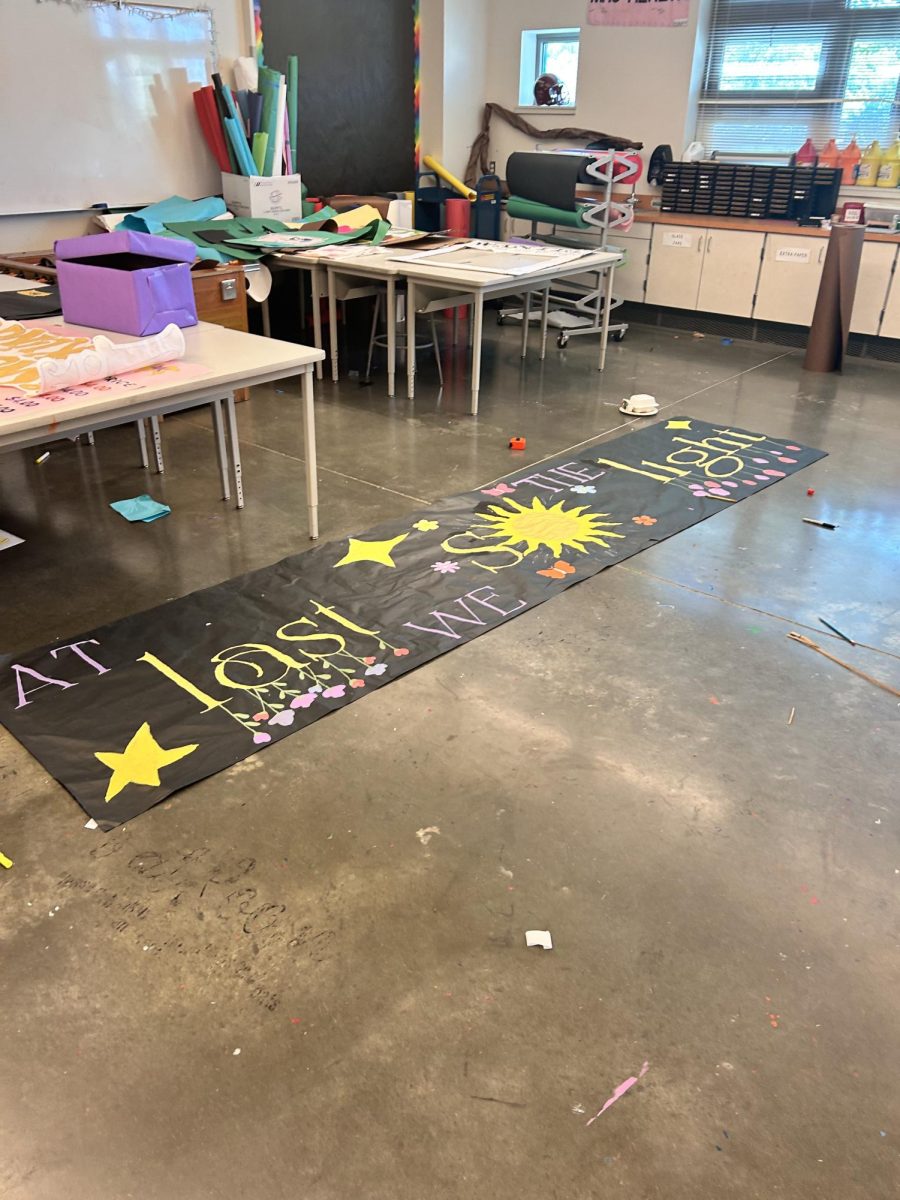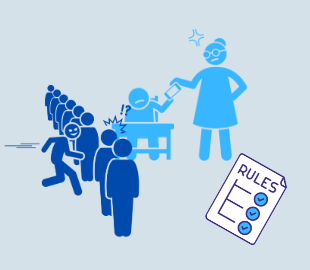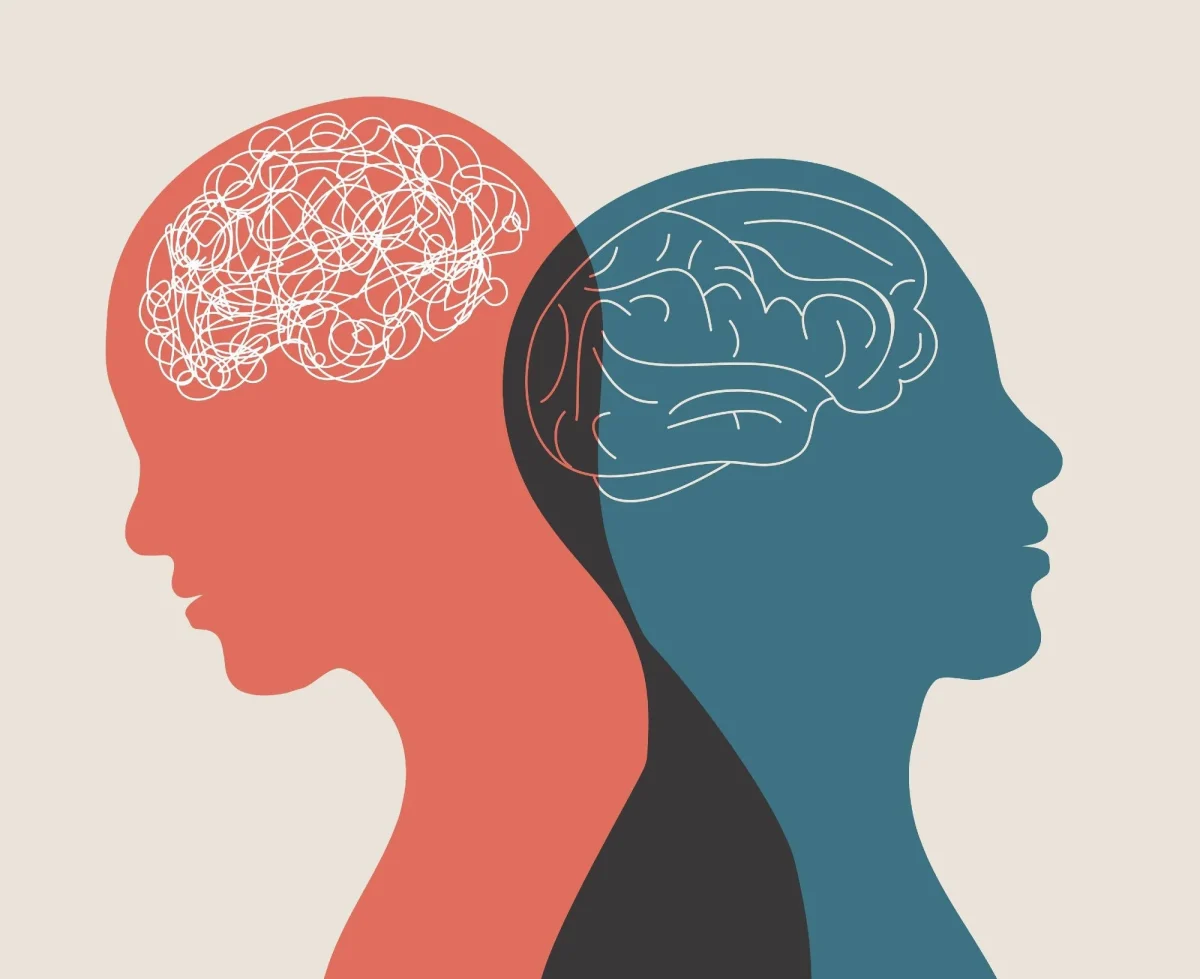Screen Time: Killing Us or Bring Us Together?
December 2, 2022
As I’m typing this on my computer, I realize how sore my eyes feel, and how bad of a headache I have. Technology is something that is so recurrent and common in our lives, but at times, it actually does more harm than good. The average American spends about seven hours staring at screens. That’s seven hours of eye strain and headaches. How much we rely on screens is concerning, and as much as people claim something like video games helps them spend time with loved ones while doing something they love, it’s also harmful.
When we do practically anything, there is a screen in front of us. Whether it’s doing school work, face timing friends, or watching your favorite show, there is a bright, glaring screen a mere two inches from your face. Having such a bright light shine in your eyes seven hours a day or more can cause a truckload of side effects. A common one is eye strain. When you stare at something so closely for so long it causes you to blink less, leading to dry and painful eyes. This leads to a headache which then makes you more irritable. Just a few hours of watching the newest episodes of your favorite show can alter how well you feel. Another outcome of prolonged screen time is irregular sleep. Because electronics are specifically designed to make you stay away, looking at an intense, shining screen right before bed significantly disrupts the melatonin signaling system that tells you, “Hey, time for bed!” This leads to restless and overall worst sleep, which leads to other mood issues and problems.
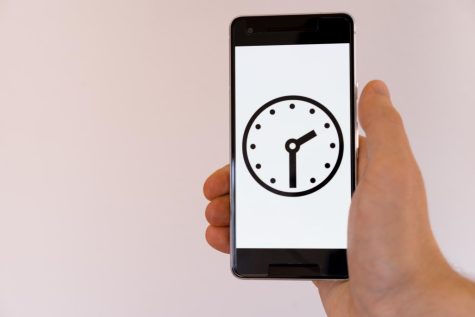
Using electronics often is also linked to many issues and disorders. Studies have shown, especially in the case of children, that spending all your time in front of the television instead of playing outside can lead to obesity, which is pretty common sense. Chronic neck and back pain is also tied to obsessive electronic use. When you are looking down at your phone in your lap, your backbends like a candy cane, so we can see how those tie in. Furthermore, when you play video games or watch a movie instead of reading or interacting with your family members, especially at a young age, it will most likely lead to social isolation or problems socializing. Younglings need social interaction and when they have a blaring screen two inches from their face constantly, they obviously won’t achieve that. Scientists at the University of Calgary have found that too much screen time when you are young leads to impacted social development.
A common use for screen time, however, is to play video games and hang out with friends. Although this is getting you to talk to people and also use your brain to figure out how to beat the bad guy or solve the problem, what happens when you aren’t in front of the screen anymore? Most people will be awkward because they only know how to interact with peers over a video game. Without that distraction, your social skills go way down and will lead to uncomfortable or unpleasant situations. This is why it’s so vital to have conversations in person, face-to-face. Although I will admit that this is a way for more introverted individuals to make friends without having to deal with being face to face.
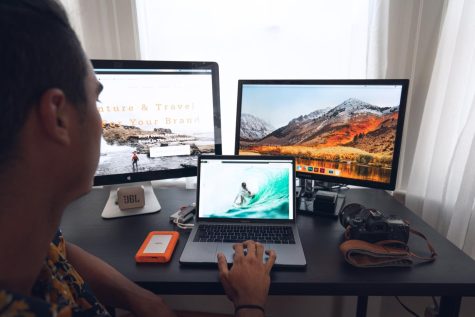
As previously mentioned, a lot of people need screens to work or do school work. The best thing to do is to limit it whenever possible, especially for young children. Instead of placing technology in front of you, try reading a book or hanging out with friends. If you do need to unwind with a tv show then make sure it is not right next to your face and turn down the brightness if you can. After typing this, I read a really good book in order to pull my mind away without using a screen. As Richard Louv, the author of The Nature Principle said, “What would our lives be like if our days and nights were as immersed in nature as they are in technology?”










